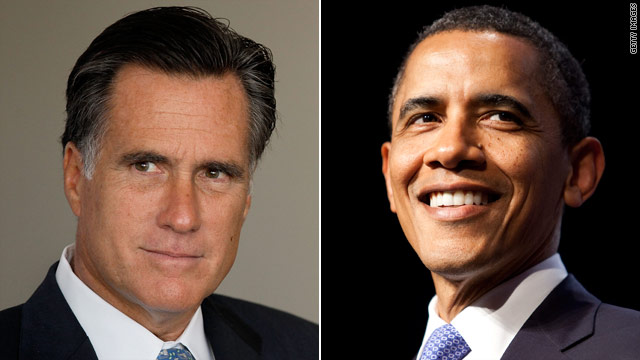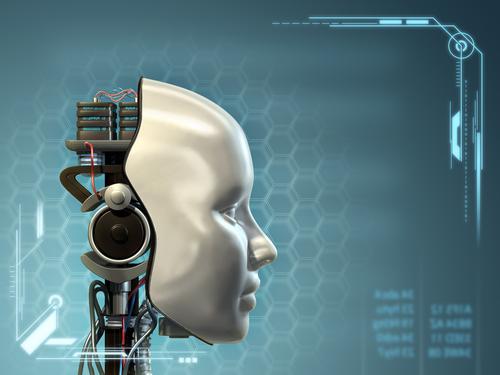A new study in the Journal of Personality and Social Psychology finds that in comparison to young Baby Boomers and Gen Xers, today’s high school seniors and college freshmen are […]
Search Results
You searched for: Information and Communication Technology
By Aaron Smith Since the beginning of the digital age, pundits have hailed virtual currencies as the future of our civilization’s money. While it may be difficult to imagine a […]
Today as I meditate on Arum and Roksa’s much-discussed study, “Academically Adrift: Limited Learning on College Campuses,” my thoughts turn to academic life at the institution where I teach. This week […]
On January 19-21, the University of Michigan’s Erb Institute and the Union of Concerned Scientists hosted a major summit of more than 100 social scientists, scientists, professionals, and political leaders […]
A teacher friend of mine wrote me recently. She said that her school was working on bringing in iPads for grades six and seven next year and asked if I […]
Like Occupy Wall Street, the Arab Spring in Tunisia began as a nonviolent protest for a more meritocratic society. The United States needs a new settlement, too. The problem now is that Americans cannot agree on what it should be.
The rapid proliferation of mobile devices is making it possible for not just communities, but also entire nations, to narrow the digital divide between society’s have’s and have-not’s. Not only […]
There is a piece on The Atlantic that typifies the way the emotional characteristics of a risk can cloud our ability to think about that risk carefully. It also represents […]
Here’s some bad news for those of you who like to think you can think rationally about risk. You can’t. You know all those thoughtfully considered views you have […]
High tech gadgets developed for the developing world.
— Guest post by Luis Hestres, American University doctoral student. To say that new information technologies are revolutionizing political activism has become a tried and true cliché. It also happens […]
–Guest post by Yuwen Yang, American University graduate student. In January 2009, new voluntary pharmaceutical industry guidelines on marketing to physicians went into effect (David 2010), which emphasize disclosure and […]
–Guest post by Judy Millili, American University graduate student. In today’s technologically-driven digital age, consumers are constantly inundated with drug advertisements that encourage active engagement in making decisions related to their […]
The polarized state of American politics has once again brought speculation and claims about a rising tide of anti-science in America and an attack on reason. The prominence of such […]
New innovations in mobile banking are making it possible to transfer the entire payment experience from the plastic credit card to your mobile device. New upstarts with funny names that […]
–Guest post by Francesca Ernst, American University graduate student. As we draw closer to November 2012, pundits, columnists, and reporters alike are all discussing the ways President Obama must transcend […]
Innovation – everyone says they want it, but when it’s time to personally embrace it and change what they do everyday there is often reluctance, if not outright resistance. In […]
–Guest post by Jamie Schleser, American university doctoral student. Technological advances in how we communicate, from the advent of the printing press to the launch of the World Wide Web, […]
Using about 400 transistors, M.I.T. computer scientists have created a silicon chip that mimics one human synapse, removing a barrier to creating a machine that can learn like people.
The Telesar V Robot Avatar delivers touch, audio and sight data to its human operator from a remote location using a series of sensors and a 3-D head-mounted display.
by Michael Garfield “As viewed by astronauts from the moon, the earth lacks those lines of sociopolitical division that are so prominent on maps. And as recognized here below, the […]
Researchers at Stanford University have found a new ultra-low power source for transmitting data via microchips. The development could bring about a new generation of computers.
–Guest post by Brittany Noble, American University graduate student. The digital age continues to change news media and the way the public receives information. As a leading example, Americans are […]
Following up on our study analyzing the shifting roles and emerging practices of science journalists in the digital age, Declan Fahy contributed a valuable discussion to the news site of […]
Who’s right? Digital optimists who view the internet and social media as democratizing political forces, or pessimists who claim that they dumb down political discourse and polarize the electorate?
Public opinion about climate change, observes the New York Times’ Andrew Revkin, can be compared to “waves in a shallow pan,” easily tipped with “a lot of sloshing but not […]
–Guest post by Sarah Merritt, American University doctoral student. Do people seek news and information through environments on the Web that strongly align with their political identity? Do we always […]
— Guest post by Luis Hestres, American University doctoral student. Ever since the financial crisis hit the U.S. in late 2008, many political commentators (mostly on the Left) have wondered […]
–Guest post by Jamie Schleser, American University doctoral student. For those that don’t spend their days toiling away in the often peculiar atmosphere of institutions of higher learning, the how […]
Readers in the Washington, DC area are invited to join us at American University this Fall semester for a seminar series sponsored by the Doctoral program in Communication. The seminars […]





























